Sunday Oliseh, former midfielder for both the Super Eagles and Borussia Dortmund, has shared insights on why Nigeria might miss out on qualifying for the 2026 FIFA World Cup, according to Soccernet.ng.
At 51 years old, Oliseh once captained Nigeria during the 2002 African Cup of Nations and played a pivotal role in the team’s comeback to secure World Cup qualification that same year.
Despite his contributions, Oliseh was excluded from the 2002 World Cup squad in South Korea and Japan due to disciplinary issues, a decision that saw the iconic Jay-Jay Okocha take over the captaincy. Following this, Oliseh retired from international football at just 28, demanding the settlement of unpaid bonuses and allowances owed to him and his teammates.
For the 2002 World Cup, Festus Onigbinde was appointed head coach, supported by the late Shuaibu Amodu, Joe Erico, and Stephen Keshi-who formed the core coaching team responsible for Nigeria’s qualification after overcoming a five-point deficit behind Liberia.
The absence of key players like Finidi George and Sunday Oliseh sparked criticism from Okocha, who highlighted the squad’s imbalance. Nigeria exited the tournament at the group stage, managing only a single point without scoring any goals.
“It’s unfortunate for them because they are talented players. While the coach’s decision must be respected, I believe both should have been part of the squad,” Okocha expressed, as reported by The Guardian.
Oliseh Reflects on the 2002 Super Eagles’ Downfall
Oliseh disclosed that after the Nigerian Football Federation sidelined the efforts of Joe Erico, Stephen Keshi, and Shuaibu Amodu-who had been instrumental in securing World Cup qualification-Erico reportedly placed a curse on the team, which Oliseh believes may still be affecting the Super Eagles today.
“Before his passing, Coach Erico made it clear that what happened to us in 2002 led him to sit alone and curse Nigeria,” Oliseh revealed during the Bet9ja podcast.
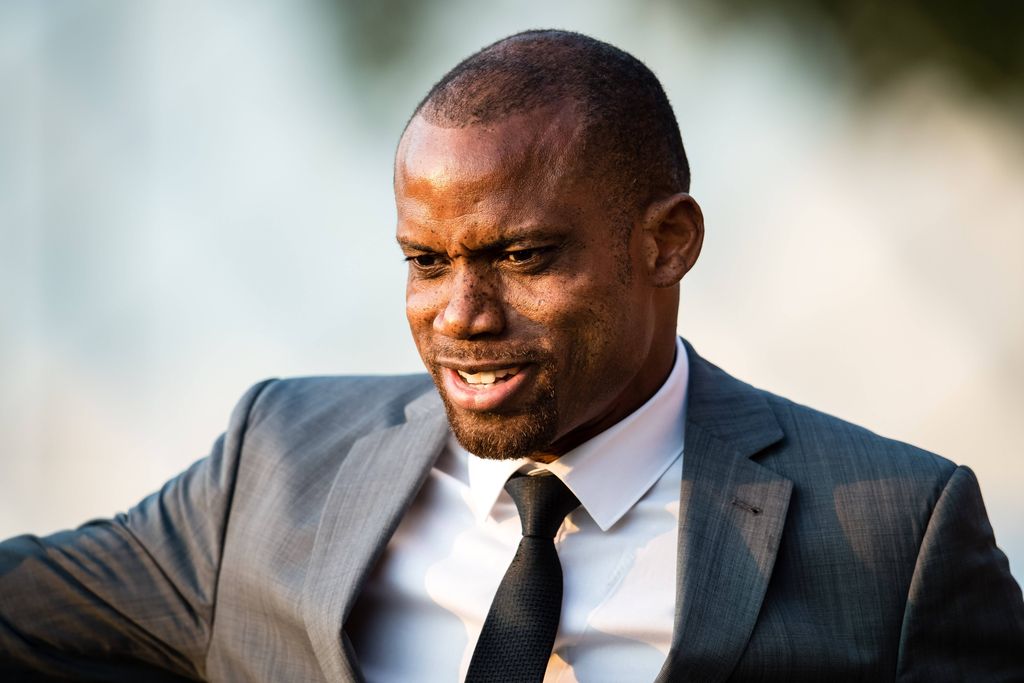
“Erico, Keshi, and Shuaibu Amodu were remarkable men. Keshi, still new to coaching, invested heavily in the team’s success. He often called me to discuss his vision to ensure Nigeria’s qualification for the 2002 World Cup,” Oliseh recounted.
“We were trailing Liberia by five points in the qualifiers, much like the current situation. Many had written us off, but under their leadership, the team united and fought back.”
“Keshi even called me from the United States while I was coordinating the players, and bit by bit, we rebuilt our strength.”
Oliseh also commended teammates who elevated their performances during that period.
“Players such as Victor Agali and Yakubu stepped up. Yakubu traveled to Sudan and scored twice in a match I missed due to a neck injury,” he said.
“It’s baffling how the management could dismantle the team just before the World Cup, dropping key players who helped qualify and bringing in others who hadn’t played in the qualifiers.”
“Some even accused us of disrespecting a government minister. All these actions fractured the team. In my view, that was the moment the Super Eagles began to unravel,” Oliseh concluded.
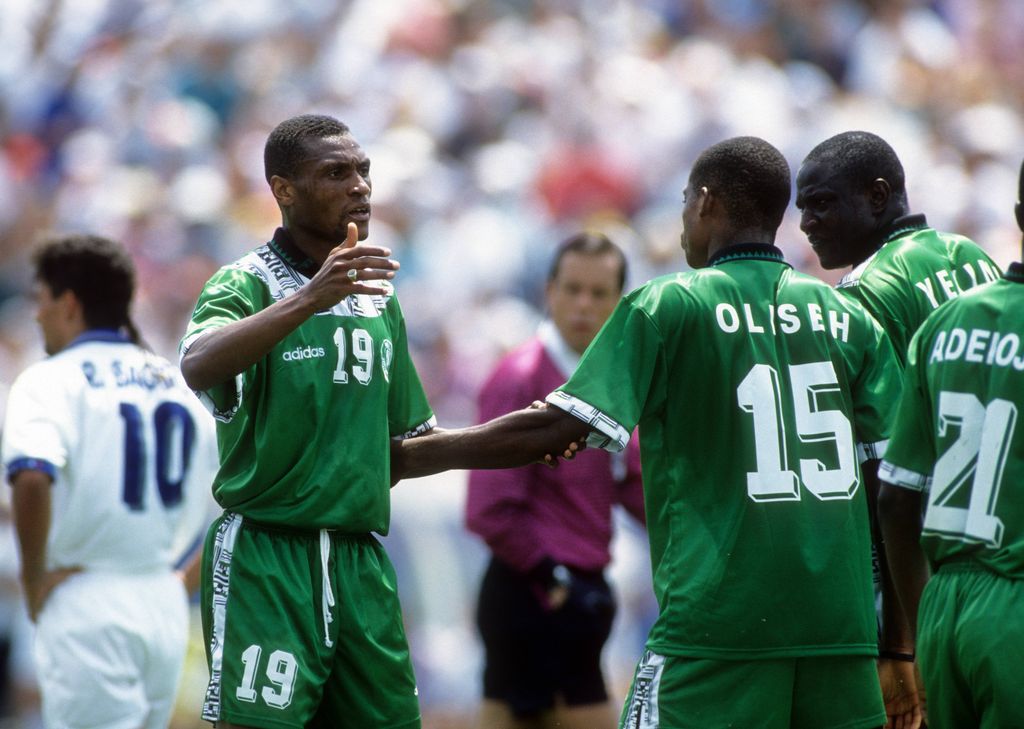
Oliseh has consistently expressed skepticism about appointing foreign coaches to lead the Super Eagles, reflecting the fractured trust and discord he witnessed during his captaincy.
While the notion of Erico’s curse remains unproven, the Super Eagles must secure a victory against the Republic of Benin in their upcoming match to keep their hopes alive for the 2026 FIFA World Cup qualification.


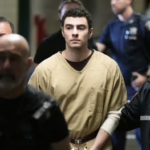

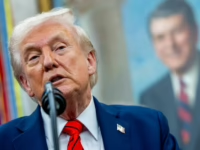

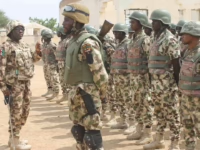



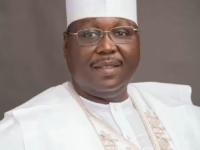

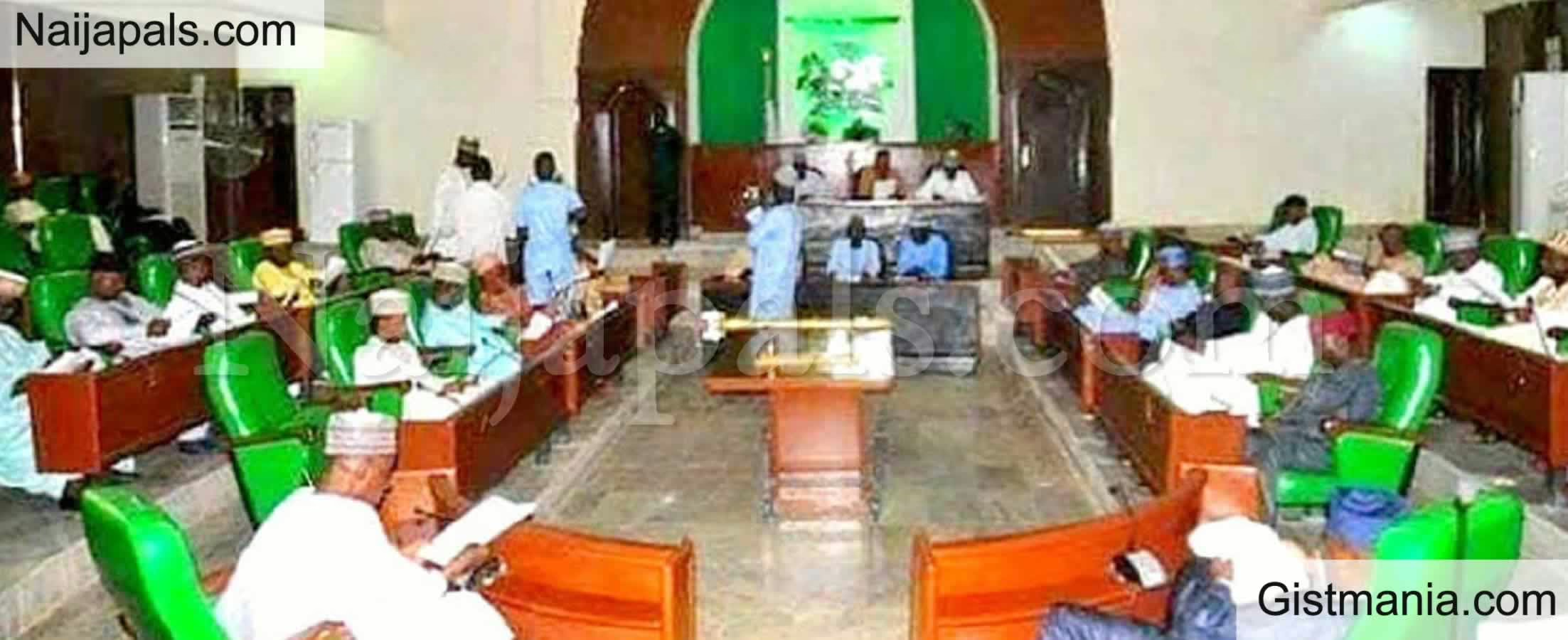
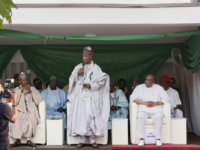
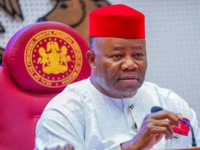
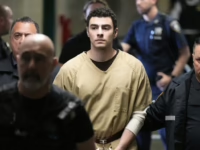
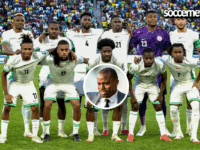


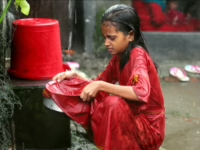

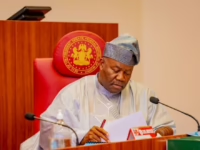
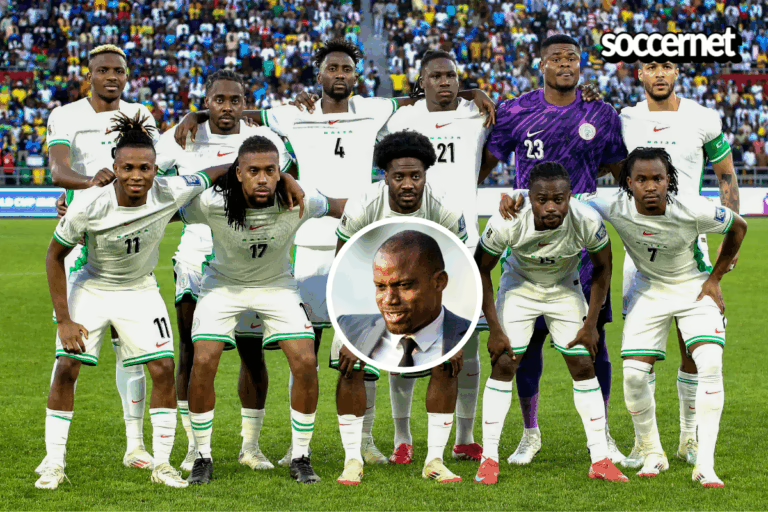
0 Comments